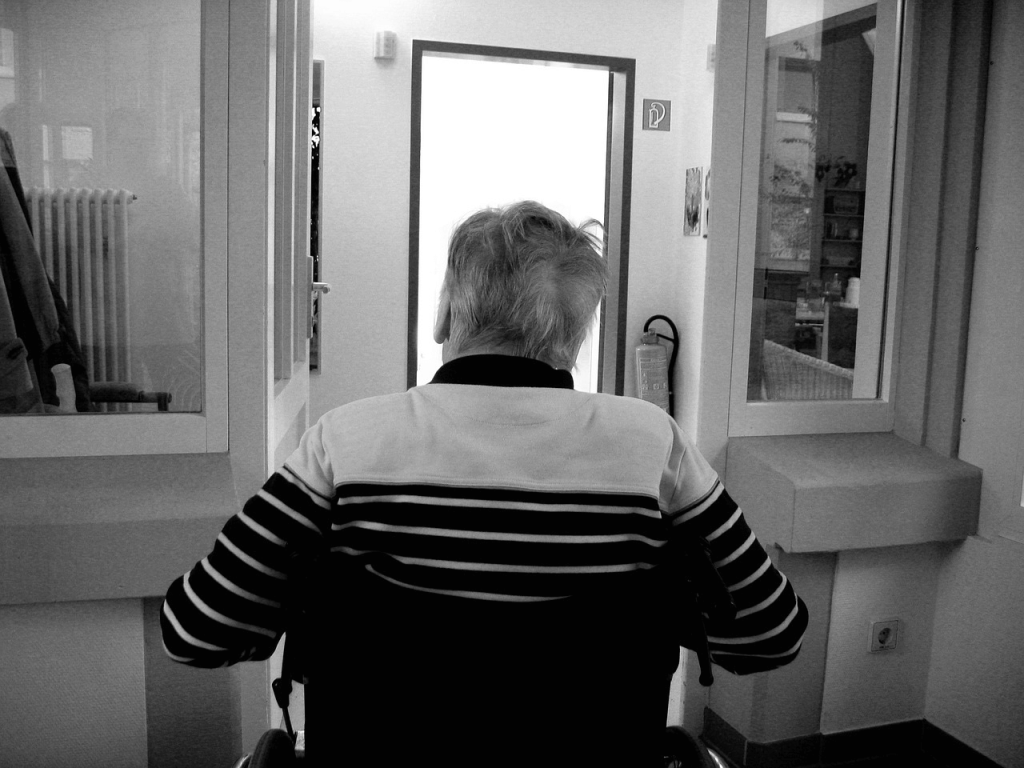In recent years, the intersection between sleep disorders and various aspects of health has garnered significant attention from the medical community, including at Assisted Living Brookings Oregon. Among these conditions, sleep apnea has emerged as a prominent concern due to its potential links to a range of serious health issues.
One area that has particularly piqued the interest of researchers and healthcare professionals is the connection between sleep apnea and cognitive health, particularly its association with cognitive impairment and neurodegenerative diseases such as Alzheimer’s disease.
This comprehensive article discusses the intricate relationship between obstructive sleep apnea and cognitive function.
What Is Sleep Apnea?
Sleep apnea is characterized by frequent breathing issues while you’re asleep. These issues, called apneas, can last anywhere from a few seconds to a few minutes and happen when the muscles of the throat relax too much, temporarily blocking the airway. Additionally, you can explore how physical exercise contributes to brain health in seniors by reading our blog for more information.
Different Sleep Apnea Types
Sleep apnea comes in two primary forms:
- Obstructive Sleep Apnea (OSA): This is the most prevalent kind of sleep apnea and results from excessive throat muscular relaxation that blocks the airway.
- Central Sleep Apnea: This less frequent kind of sleep apnea affects the central nervous system and happens when the brain is unable to relay the necessary signals to the respiratory muscles.
- Complex Sleep Apnea: It is a condition when someone with OSA receives CSA after getting diagnosed.
What Is Alzheimer’s Disease?
Alzheimer’s is a progressive neurodegenerative disorder that primarily affects memory, thinking, and behavior. It is the most common form of dementia among older adults. While the exact cause of Alzheimer’s is still under investigation, various risk factors have been identified, including genetics, age, and lifestyle choices.
The Sleep Apnea And Alzheimer’s Link
Research Findings
Recent scientific studies have unveiled a potential connection between sleep apnea and Alzheimer’s disease. Researchers have found that individuals with untreated sleep apnea may be at a higher risk of developing Alzheimer’s disease later in life.
The Role Of Amyloid Plaque
One key factor linking sleep apnea to Alzheimer’s is the accumulation of amyloid plaque in the brain. Amyloid plaque is a protein that tends to accumulate in the brains of Alzheimer’s patients, contributing to cognitive decline. Studies have shown that sleep apnea may accelerate the formation of amyloid plaque, potentially hastening the onset of Alzheimer’s disease.
Disrupted Sleep And Cognitive Function
Moreover, the disrupted sleep patterns caused by sleep apnea can impair cognitive function. Consistent poor sleep quality may lead to memory problems, decreased concentration, and mood disturbances—symptoms often associated with Alzheimer’s disease.
Managing Sleep Apnea
- Continuous Positive Airway Pressure: Continuous Positive Airway Pressure therapy involves using a machine that delivers a continuous stream of air through a mask, helping to keep the airway open during sleep.
- Weight Management: Losing excess weight can often alleviate symptoms of sleep apnea, especially in cases where obesity is a contributing factor.
- Positional Therapy: Changing sleeping positions can sometimes reduce the severity of sleep apnea, particularly in individuals with positional sleep apnea.
Putting Good Sleep Hygiene First
Even if you don’t have sleep apnea, enhancing your sleep quality is important for your general health:
- Maintain a constant Sleep/Wake pattern: Maintain a constant sleep/wake pattern, including on weekends, to help your body’s internal clock.
- Reduce Screen Time: Avoid using electronics before going to bed since the blue light generated by screens might interfere with melatonin synthesis.
- Engage in Calm Activities: If you can’t fall asleep after 20 minutes, get up and do something non-stimulating until you feel tired. Discover 8 mindfulness practices for seniors.
- Limit Naps: Avoid taking long naps, particularly towards night.
- Optimize Your Sleep Environment: To encourage restful sleep, provide a pleasant, calm, and dark sleeping environment.
Conclusion
In conclusion, research into the connection between sleep apnea and Alzheimer’s disease is challenging and dynamic. While there is data to support a link, additional research is required to completely comprehend the mechanisms at work. However, it is evident that prioritizing sound sleep habits and getting sleep apnea treatment can benefit general brain health. One thing is certain as we work to understand these diseases’ mysteries: a sound night’s sleep is crucial for a sharp mind.
If you or a loved one are concerned about sleep apnea or its potential effects on cognitive health, don’t hesitate to reach out. Contact Azalea Gardens – best assisted living Brookings Oregon today for expert guidance and support in managing sleep health and promoting overall well-being!
FAQs
Q. Can sleep apnea directly cause Alzheimer’s disease?
While research indicates a link between sleep apnea and Alzheimer’s, it’s not yet clear if sleep apnea directly causes Alzheimer’s. Further studies are needed to establish this relationship definitively.
Q. Are there any preventive measures for reducing the risk of both sleep apnea and Alzheimer’s?
Adopting a healthy lifestyle, maintaining a balanced diet, staying physically active, and managing stress can reduce the risk of both sleep apnea and Alzheimer’s disease.
Q. Is Alzheimer’s disease hereditary, and can it be passed down through generations?
Genetics can play a role in Alzheimer’s risk, but it is not solely determined by heredity. Lifestyle factors also contribute to the development of Alzheimer’s disease.
Q. What are the common treatments for sleep apnea?
Common treatments for sleep apnea include CPAP therapy, positional therapy, lifestyle changes, and, in severe cases, surgery.
Q. Is there a cure for Alzheimer’s disease?
As for now, there is no treatment for Alzheimer’s disease, but early intervention and management can help improve the quality of life for those affected.





